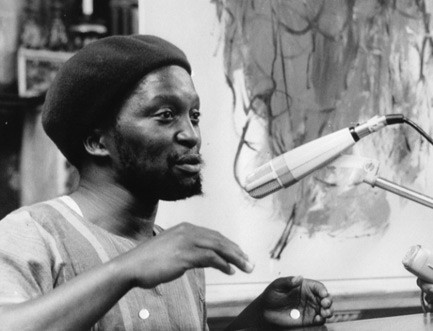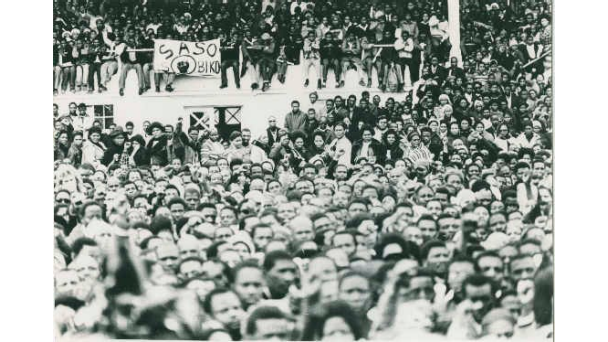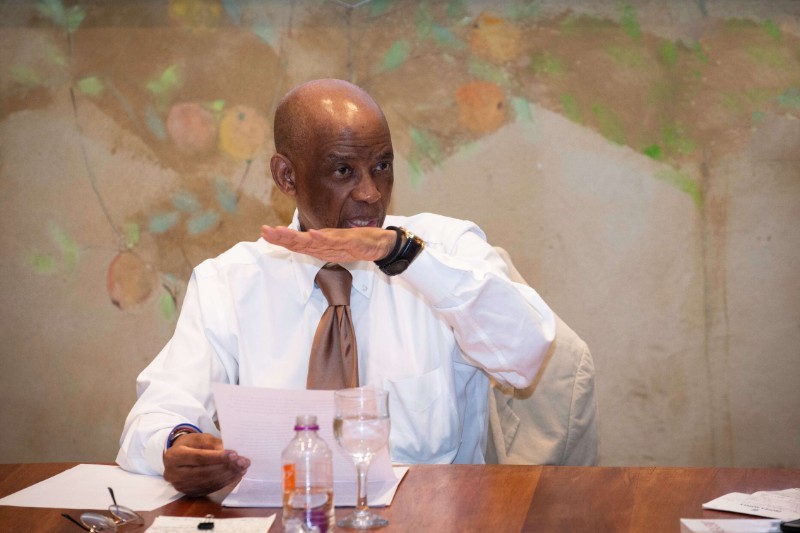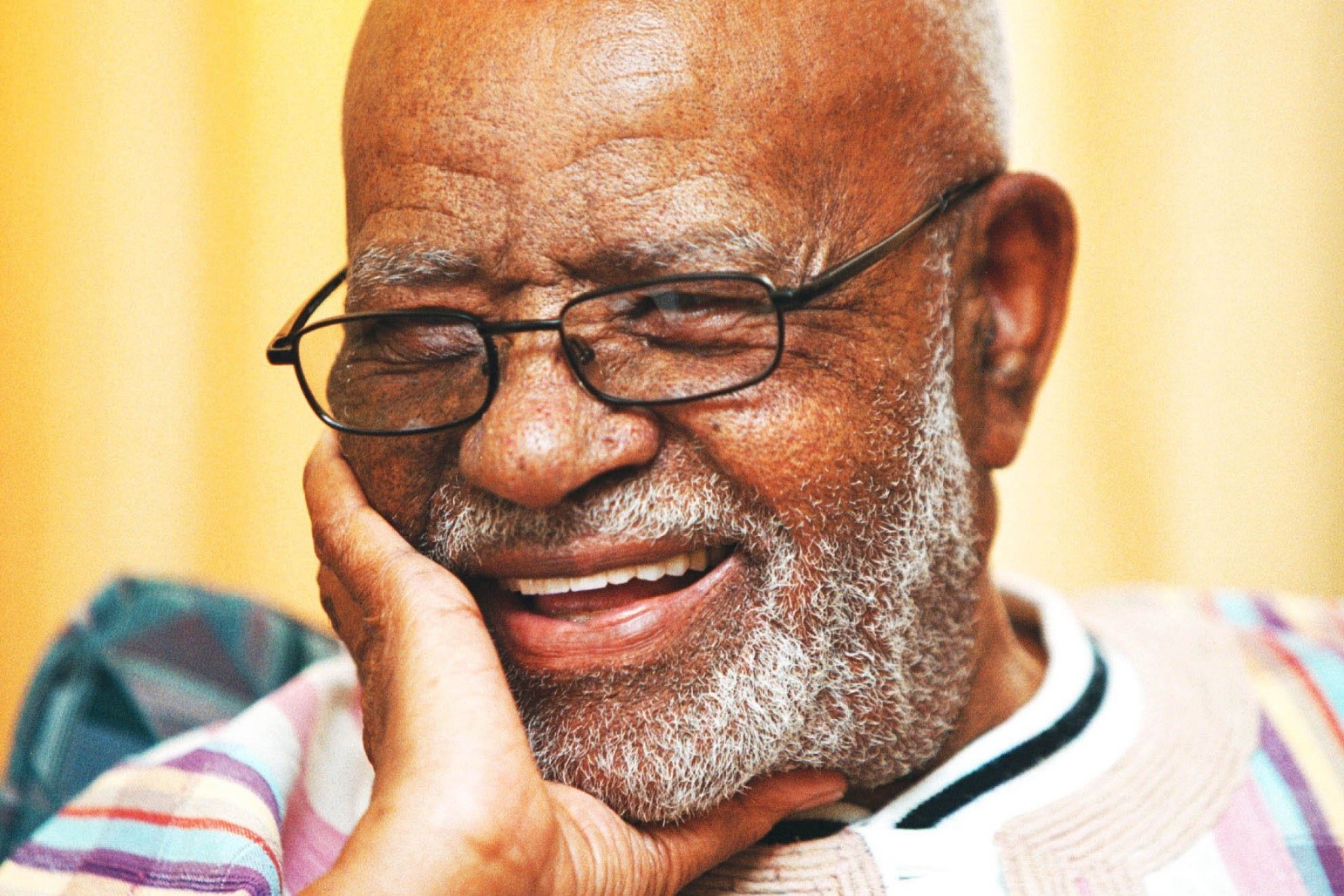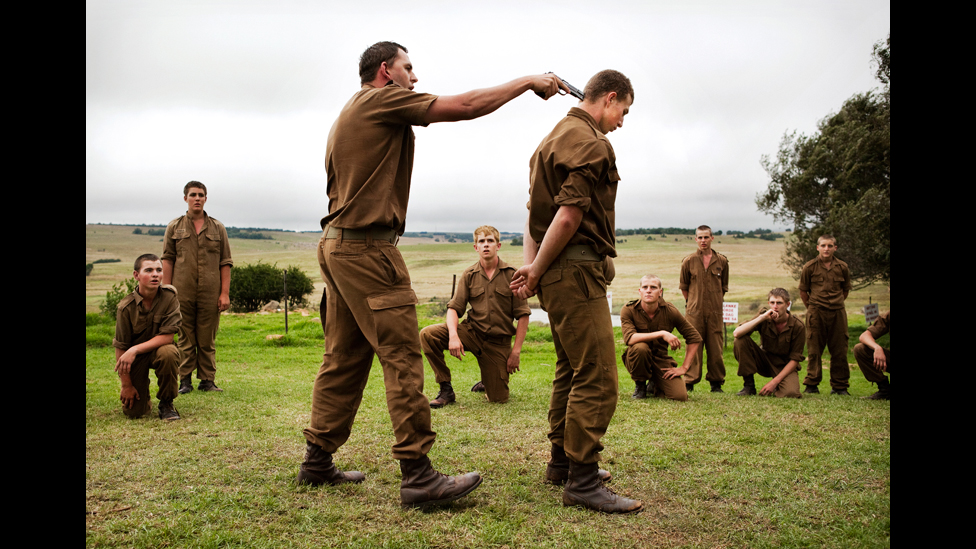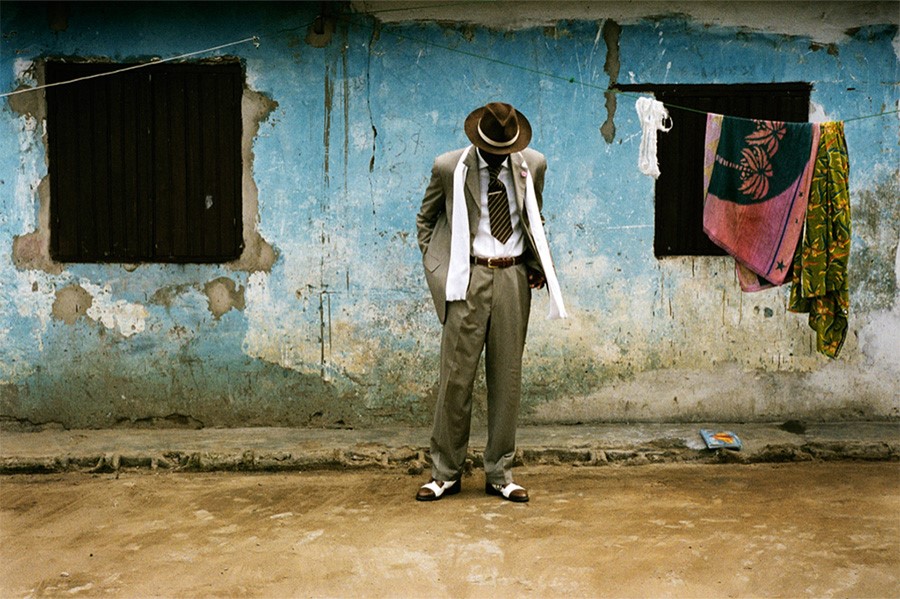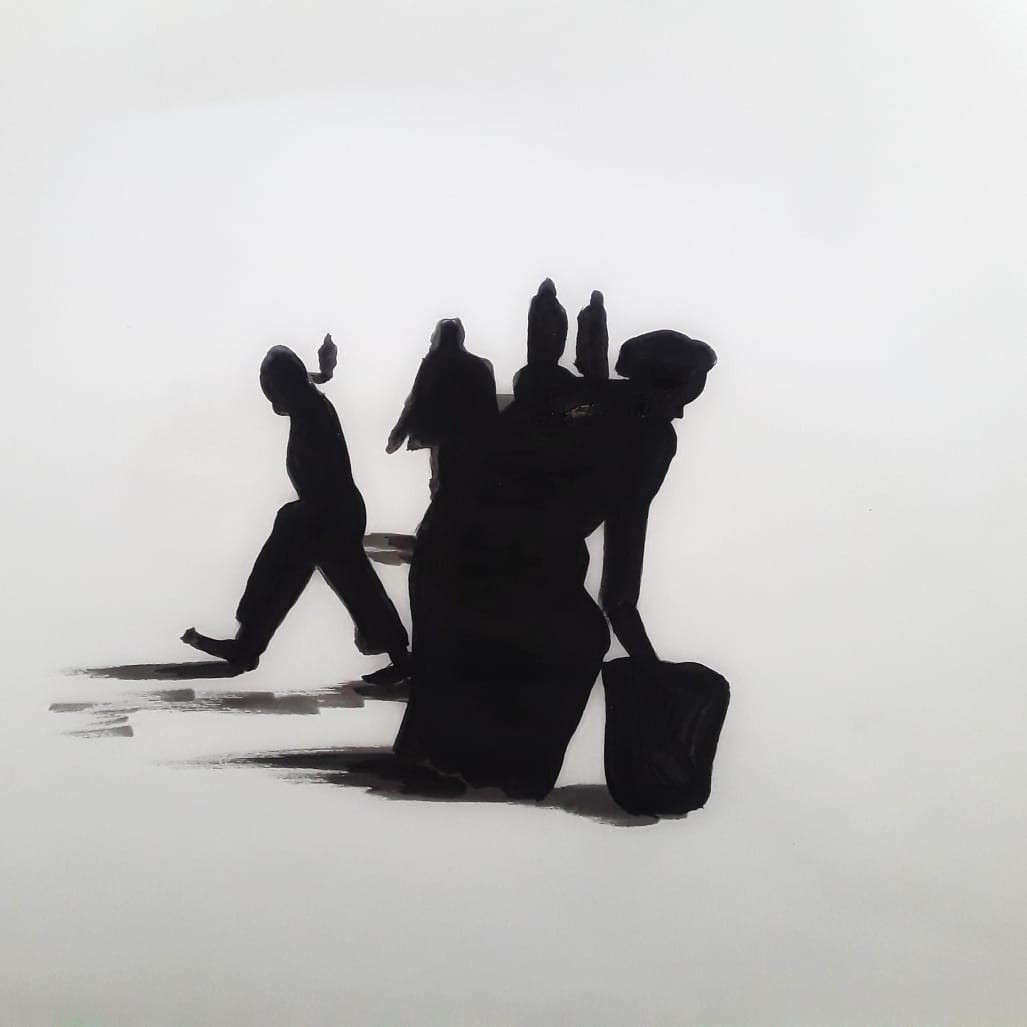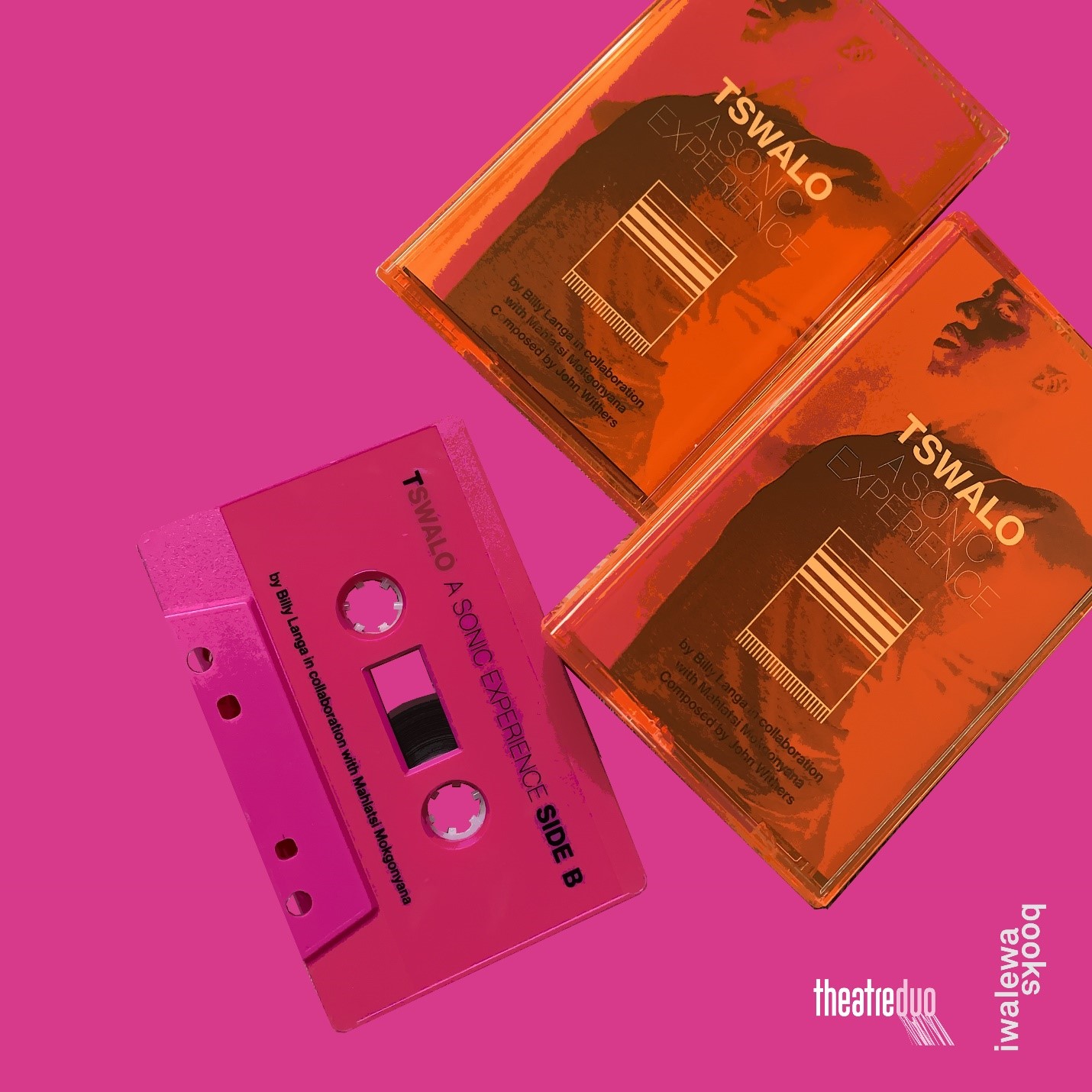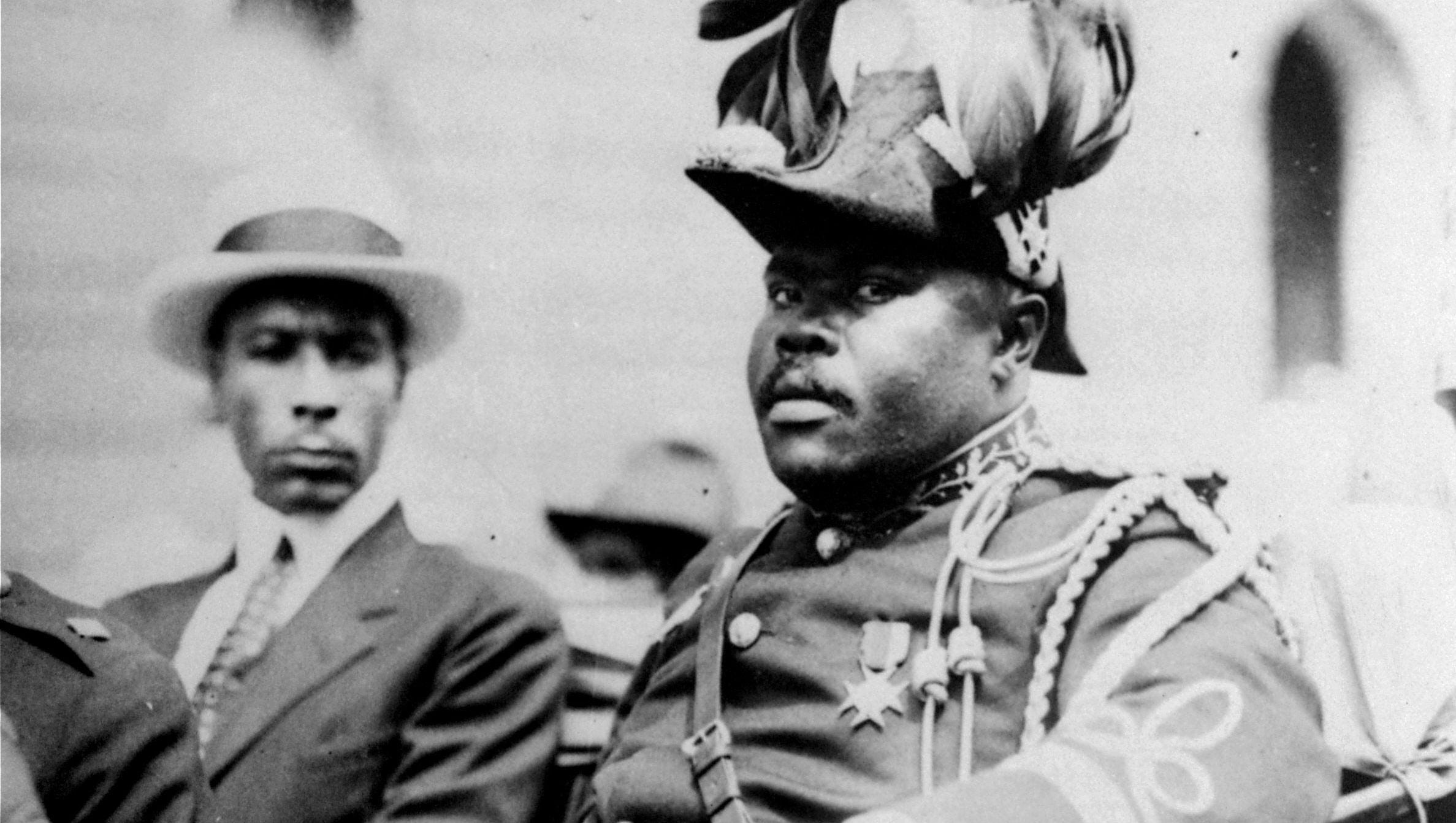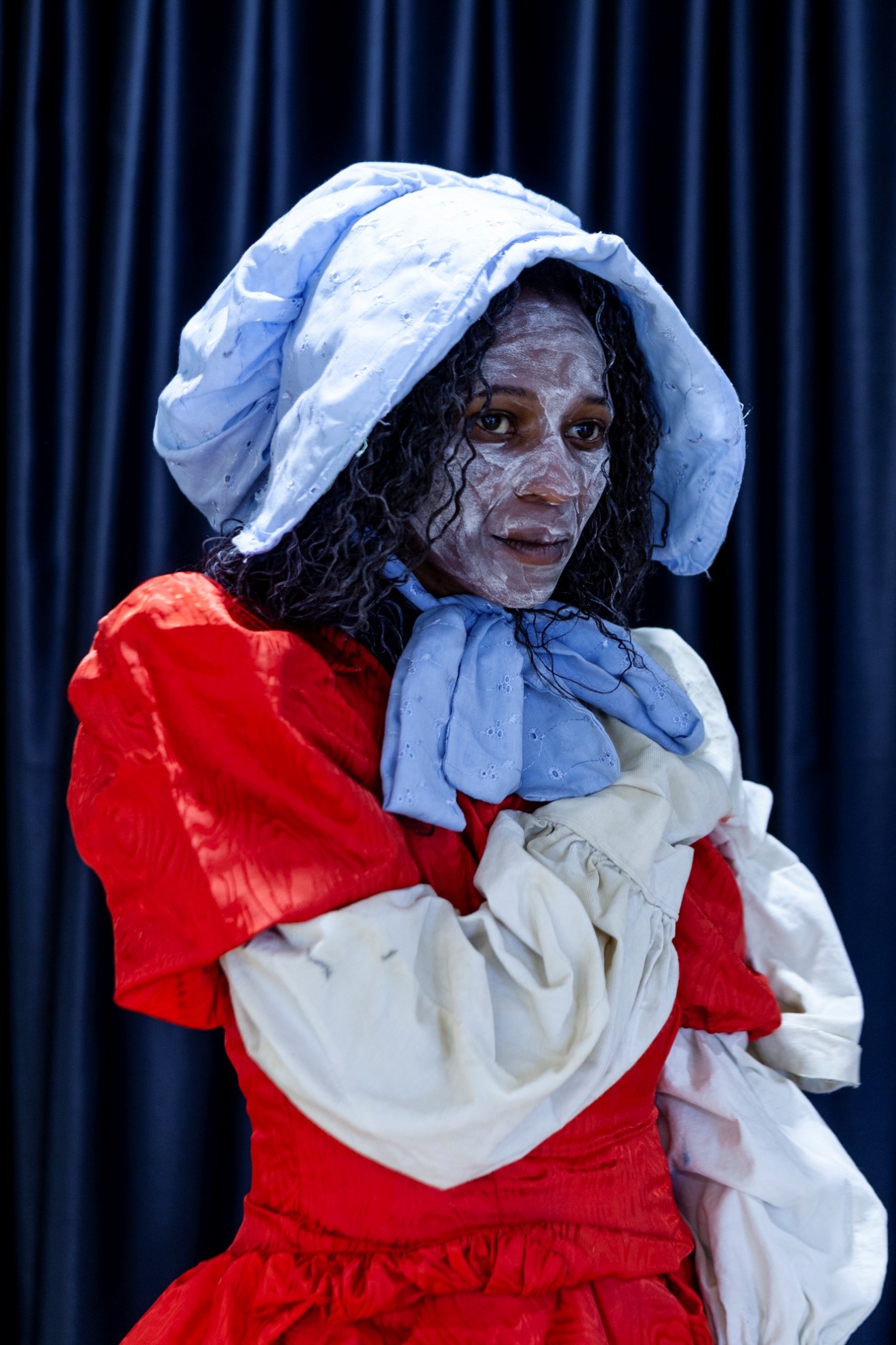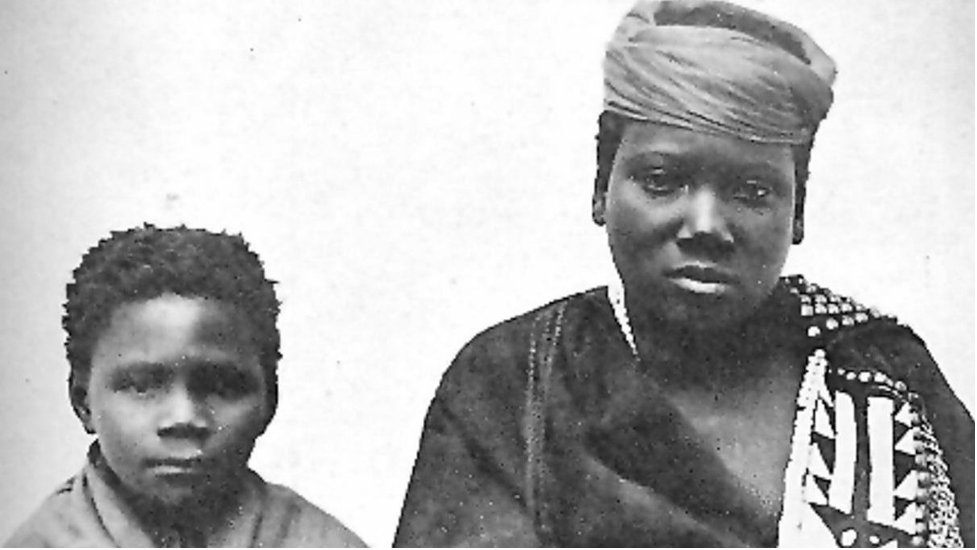This year’s local revelries as regards the 30th ‘International Writers Day’, on Sunday 7th November 2021 was once again organised, as part of the signature annual events by wRite associates, a brainchild of Morakabe ‘Raks’ Seakhoa and Sindiswa Seakhoa. In his capacity as Managing Director of wRite associates, the former has been the Convener and Project Director of both the South African Literary Awards (SALA) ever since 2005 and the Africa Century International African Writer’s Conference (ACIAWC) ever since 2012 and the latter, manages them both. In line with observing the prophylactic protocols, as determined by the government, aimed to reduce the spread of the Coronavirus (COVID 19) pandemic, both sessions were hosted at the SALA Virtual Conference Centre. The interested public did not have to worry, about the physical address of the aforesaid venue, as it was advertised as being accessible, in the format of a ‘zoom webinar’. The two sessions evidently showcased the seriousness and consistency of wRite associates, in inviting the public to ponder, recognize, acknowledge and celebrate amidst the pending pandemic, about both the reputed (including those deceased) alongside the impending writers in South Africa. According to their informative website, wRite associates was formed in the year 2000, ‘as a one-stop events and project management company, focused on Arts, Culture and Heritage’, it stresses that South Africa’s literary Heritage, remains one of the major focus areas for the company’.
This propitious occasion, was divided twofold. The first session (which was advertised to run from 9am until noon) marked the ninth edition, of the ACIAWC, while the second session marked the sixteenth edition, of the SALA’s. This year’s theme was aptly entitled Decolonised Literary Arts, Culture, Heritage and Expression in Times of Pandemic Crisis: Celebrating the International Year of Creative Economy and Sustainable Development. The Keynote lecture was immaculately delivered, by the Vice-Chancellor of the University of South Africa (UNISA), Professor Puleng Lenkabula. Her two respondents, were the veteran South African percussionist, poet and composer Eugene Skeef and Malawian Associate Professor at the University of Malawi at Chancellor College, Dr. Asante Lucy Mtenje. The public is encouraged, to listen to their respective uploaded presentations.
As part of the empowering womandla womxn agenda, this year’s designated program- director, was pertinently driven by the invigorating voice of Dr. Nokuthula Mazibuko-Msimang, currently a University of Pretoria’s ‘Future Africa Fellow’ and an award-winning author, with five books to her credit. Among Mazibuko-Msimang’s accolades, include being the recipient of the prestigious 2003 Bessie Head Fellowship. Notably Mazibuko-Msimang’s latest book Qhawe: Caster Mokgadi Semenya, made it into this year’s shortlist, as one of the Top 5 nominees for the ‘Pendoring Awards’. Overall Mazibuko-Msimang piloted, the first session superbly, from how she introduced the speakers, interacted with their respective presentations and vibrantly shared her own thoughts. A personal highlight was when the latter reminded listeners, about the looming birthdays of ground-breaking female South African novelists Miriam Tlali (1933-2017), on 11th November 2021 and later Nadine Gordimer (1923-2014), on the 20th of November 2021.
All the advertised speakers presented as planned, except for Nkosinathi Mthethwa the Minister of Sports, Arts and Culture (DSAC), who was represented by his Director–General Vusimuzi Mkhize. The presence and inclusion of the DSAC was earlier expounded by Morakabe ‘Raks’ Seakhoa, as resulting from a fruitful working partnership, that dates back since 2005, since the incumbency of the subsequently infamous Minister Pallo Jordan, whose then Director-General was Professor Itumeleng Mosala.
The second session (which was planned to run from estimatedly 2pm until 4pm) focused, on the eagerly awaited for annual prize giving ceremony, under the aegis of the SALA’s. Congradulations to the following, 2021 SALA winners under their respective classifications. The Children’s Literature Award went to Andre Trantaal’s for his Afrikaans book Keegan and Samier: Die Sokkerfiasko. The Youth Literature Award was won by Pamela Newham for her English book The boy and the poacher’s moon, Kobate Sekele for his Sepedi book Mararankodi Mafelelo and Sipho Kekezwa for his Xhosa book ubomi,ungancama!. Winners of the First time published Author Award were Lynthia Julies for her Afrikaans book Uit die kroes and Resoketswe Manenzhe’s for her English book Scatterlings. The K. Sello Duiker Memorial Award was won by Brian Fredricks for his Afrikaans book As die Cape Flats kon praat, Karen Jennings for her English book An Island and Lihle Sokapase for his Xhosa book Yapatyalaka Ibhobhile. The Poetry Award was won by Tshepiso Makgoloane’s Sepedi book Tsa maAfrika, Johann de Lange’s Afrikaans book Die meeste sterre is lankal dood, Ayanda Billie’s English book KwaNobuhle Overcast, Kgwadi Kgwadi Gladwell seTswana book Ithuteng Mokgolokwane, Babalwa Fatyi’s isiXhosa book Hlah’indela Nohombile and Nndanduleni Mulaudzi’s Tshivenda book Khonadzeo. The Nadine Gordimer Short Story Award was won by Nankanjani Sibiya for his English book The Reluctant Storyteller: A Collection of stories and Madoda Ndlakuse for his isiXhosa book Mhla Latsh’ibhayi. The winners of The Creative Non-Fiction Literary Award were Mzoli Mavimbela for his isiXhosa book Masibuye’embo konakele Phi Na? and Sabata-mpho Mokae and Brian Willan’s book in English Sol Plaatjie: A Life in Letters. Then The Literary Translations Award was won by stalwarts of Xhosa history Jeff Opland and Peter Mtuze, for their Xhosa book Limbali Zamandulo(1838-1910). The latter pair also won the same prize in 2018, for the following translations Umoya wembongi: Collected Poems-1922-1935 (originally authored by John Solilo) and Iziganeko Zesizwe: Occassional Poems 1900-1943 (originally authored by SEK Mqhayi). The Novel Award was won by Ezra Nkohla’s Xhosa book Zajik’izinto and Fred Khumalo’s Xhosa book Ngenxa yemendi. The following cohort of winners were deservingly awarded, ‘for their body of work’. The Literary Journalism Award was presented to Jean Meiring (Afrikaans), The Regional poet laureate Prize (introduced for the first time this year) was awarded to Eastern Cape’s Ronelda Kamfer (Afrikaans) and Limpopo’s Themba Magaisa (seXitsonga). The Chairperson’s Literary Award was conferred posthumously, to the late esteemed scholar Ntongela Masilela, The Lifetime Achievement Award was awarded, to the unfaltering Poet and painter Lefifi Tladi. Halala.

